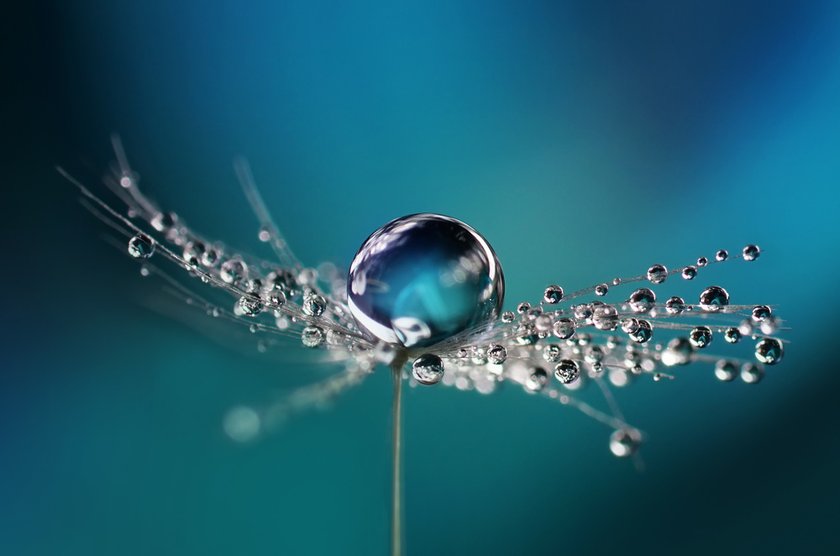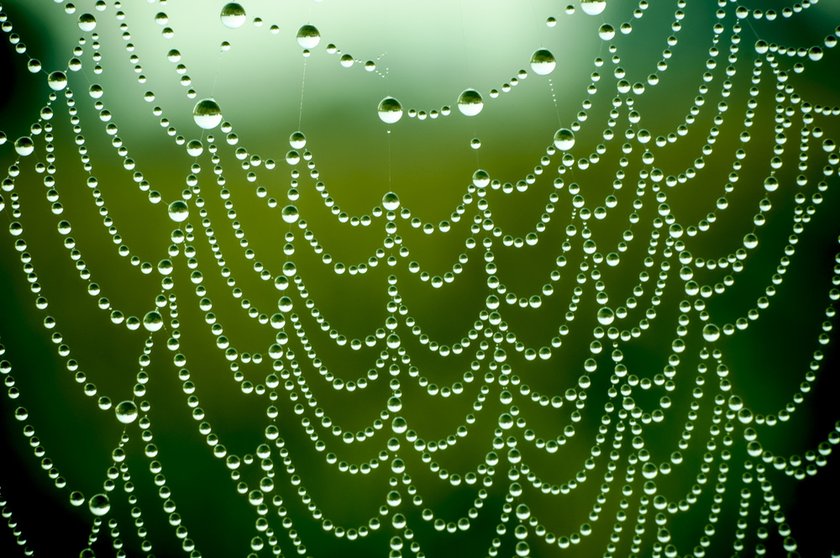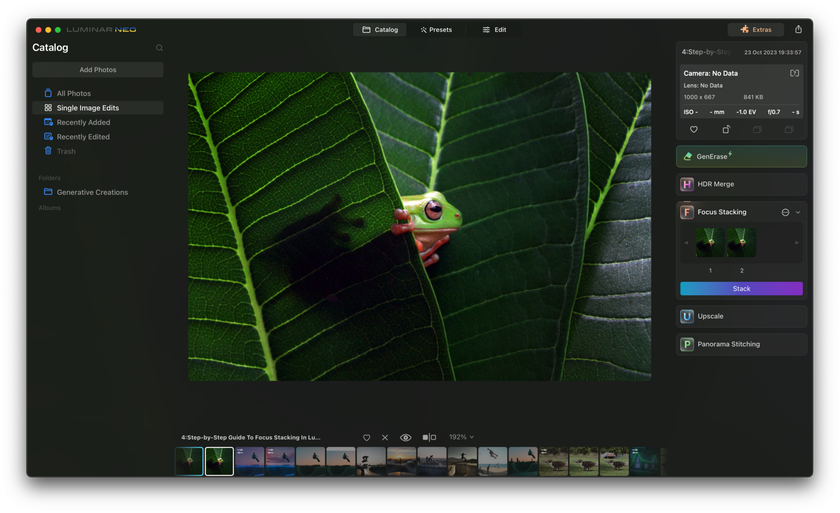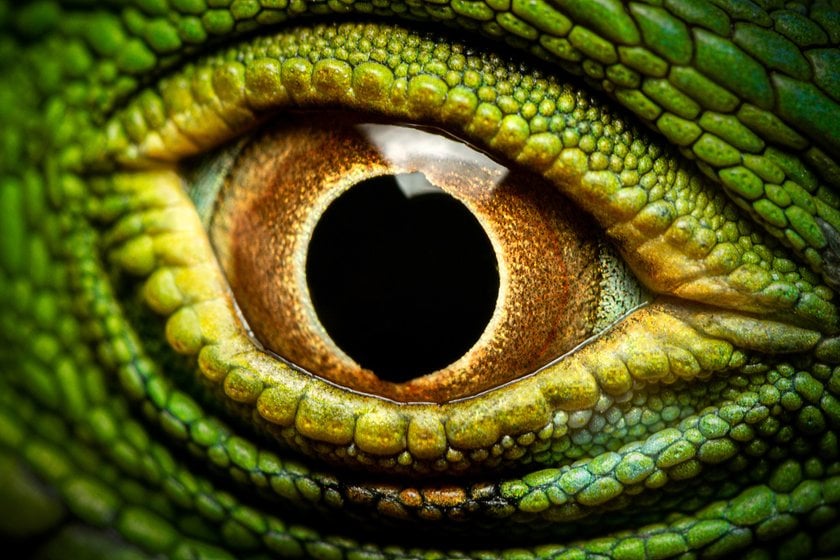Mastering Focus Stacking Techniques for Captivating Macro Shots
October 24, 2023

The essence of macro shot photography is revealing details that often elude the naked eye. It is about capturing the world up close, where the mundane becomes extraordinary. Every petal, every dewdrop, and every insect takes on a new level of significance. As you navigate macro photography, remember that it is not just about magnifying your subject but about revealing its essence.
This article will take you through the essential steps on how to shoot macro photography. The tips on macro photography will help you attain razor-sharp focus in your macro lens shots. We will explore different techniques to help you keep the intricate detail and clarity.
Our article specifically focuses on whether focus exists in macro and how to achieve it using focus stacking. This method is the key to unlocking the true potential of your pictures, enabling you to conquer the limitations imposed by the shallow depth of field inherent in this genre. The importance of mastering focus stacking cannot be overstated, as it empowers you to capture captivating and technically flawless images.
In the context of this article, we will also explore the role of Luminar Neo, a powerful and versatile photo editing software, in elevating your focus stacking prowess. Luminar Neo offers many tools to enhance your photography, and focus stacking is one of its standout features. Let’s master the skill of macro focus!
Advanced yet easy-to-use photo editor
GET LUMINAR NEO NOWMacro Photography Techniques 
Macro photography is a specialized discipline demanding distinct methodologies for capturing breathtaking close-up visuals. Let's take a closer examination of a few of these techniques.
Managing Depth of Field
Mastering depth of field manipulation holds a pivotal significance in macro photography. By selecting a wider aperture characterized by a smaller f-number, you can attain a shallow depth of field, effectively creating a pronounced separation between the subject and its background. Conversely, a narrower aperture, marked by a higher f-number, allows for a more extensive focus range. This versatility lets you precisely control which portions of the subject retain sharp focus.
Manual Focus
Obtaining pinpoint accuracy in focus can be a formidable task in macro photography, primarily due to the exceptional proximity to the subject. As a result, numerous macro photographers shift to manual focus, affording them complete control over the specific aspect of the subject they wish to bring into focus.
Use Of Tripod
The minute movements of the camera can result in blurry images at such close distances. A sturdy tripod is essential to make your images sharp and clear, maintaining the necessary stability, especially when taking many pictures with minor focus variations.
Stabilization Techniques
Besides using a tripod, techniques like cable release, remote shutter, or the camera's timer can help reduce camera shake, resulting in sharper images.
Extension Tubes
These enhancements are affixed between your camera's lens and body to amplify magnification. They facilitate closer proximity to the subject, resulting in a larger appearance within the frame.
Ring Flash Or Diffusers
Macro photography often requires controlled lighting to prevent harsh shadows and highlights. A ring flash or diffuser can soften the light and eliminate unwanted reflections.
Focus Stacking
Focus stacking involves taking multiple images at different focal points and merging them to achieve a greater depth of field. The number of shots depends on the type of your subject. This technique ensures that more of the subject is in sharp focus, even in extreme close-ups. In the following sections, we will explore this technique in more detail and learn to use it in practice.
Unleash the Potential of Macro Shots with Focus Stacking
Try it TodayComposition Techniques
Guidelines for composition, such as the rule of thirds, leading lines, and framing, remain pertinent in macro photography. These principles continue to assist in crafting visually captivating and harmoniously balanced images.
Use Of Reflectors And Backgrounds
Reflectors can redirect natural light onto the subject, enhancing its appearance. Controlling the background is essential to avoid distractions and create a clean, uncluttered image.
Experimentation
Macro photography often involves experimentation with angles, lighting, and settings. Don't be afraid to try new things and learn from your mistakes.
In combination, these techniques allow macro photographers to capture the intricate and often hidden details of small subjects, creating visually captivating images. Let's look at some tips that might help you while shooting macro photography.
Tips On Macro Photography
Macro photography revolves around capturing minuscule intricacies, a pursuit that often demands a generous measure of time and patience. Subjects in this domain can be remarkably unpredictable, be they bustling insects or delicate flowers swaying in the breeze. Thus, it's imperative to be prepared to await the opportunity to seize your shot patiently.
Remember that even the slightest breath can induce subtle vibrations, posing a challenge in achieving precise focus on your subject. Cultivating the practice of slow and controlled breathing becomes paramount, enabling you to maintain the requisite stability for that immaculate shot.
Furthermore, an in-depth understanding of your subject's behavior is indispensable. Familiarity with the subject's habits and characteristics empowers you to anticipate their movements and seize those fleeting moments that infuse depth and intrigue into your photographs, whether your subject be an insect, a flower, or any other minute detail.
Whenever possible, shoot during the golden hours of sunrise or sunset. The soft, warm light during these times can add a magical quality to your macro shots, enhancing the textures and colors of your subjects.
When deciding the ideal exposure, bracket your shots by taking a series with varying exposure settings. Later, you can choose the best-exposed image during post-processing.
Post-processing software, like Luminar Neo, can help fine-tune your macro images. Adjust sharpness, contrast, and color balance to make your subjects pop. This software also lets you use focus stacking to make your macro shots sharp and clear. We will learn to do it step by step in the next section.
Step-by-Step Guide To Focus Stacking In Luminar Neo
Transfer your captured images to your computer and open Luminar Neo.
In Luminar Neo, locate the Focus Stacking tool, often found under the "Edit" or "Enhance" tab.
Import the series of images you captured. Luminar Neo will align them automatically using artificial intelligence technology.
Initiate the focus stacking process by clicking the "Stack" or "Blend" button.
Luminar Neo will merge the images into a single composite image with an extended depth of field. You can fine-tune the blending settings, but the software usually does an excellent job of accurately aligning and stacking the images.
After the initial focus stacking, you can make additional adjustments to your image in Luminar Neo: sharpening, color correction, background enhancement, etc.
Once you are satisfied with the result, export the stacked image to your desired format. You can choose the image quality and file type that best suits your needs, whether for web sharing or printing.
By following this step-by-step guide, you can harness the power of Luminar Neo to create focus-stack macro images that are a cut above the rest. The software streamlines the process, allowing you to capture intricate details and achieve stunning clarity in your macro shots.
A 7-day Free Trial of Luminar Neo with No Obligation
Get it now!Bottom Line
From the basics of shooting macro photography to understanding the significance of macro lens shots and macro focus, you have extended your theoretical knowledge base to capturing the tiniest objects.
The step-by-step guide to focus stacking in Luminar Neo has given you the means to put this knowledge into practice, enabling you to create images that are nothing short of mesmerizing.
Furthermore, we delved into fundamental macro photography methods and insights designed to elevate your expertise and pave the way for capturing the often-overlooked and enchanting intricacies of the miniature world surrounding us.
So, embrace this fascinating realm of photography, armed with focus stacking techniques and the power of Luminar Neo, and share your captivating macro shots with the world. The beauty of the minute awaits your lens, and your artistic vision is the key to unlocking its extraordinary potential. Happy shooting!









